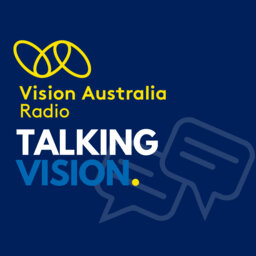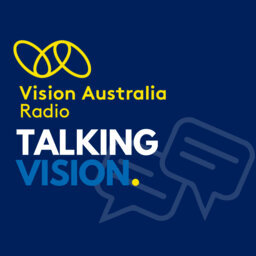Talking Vision 717 Week Beginning 26th of February 2024
The Trek for Vision is under way in just over a week's time and heading over to New Zealand for the week is Vision Australia Parramatta's Karen Pritchard, who is out to prove that blindness or low vision is no obstacle to tackling hiking trails in Australia or around the world.
We also head back to Perth to chat with Kerry Fasolo and Sandra Martin, volunteers on The Digest, a show broadcasting from Vision Australia Perth across the network which has recently changed things up a bit, and is always looking for more people to put their hand up and get involved.
In 1 playlist(s)
Talking Vision by Vision Australia Radio
Vision Australia Radiothon is on now. Donate via www.varadio.org and make a tax deductible donation …Social links
Follow podcast
Recent clips

Talking Vision 821 Week Beginning 2nd of March 2026
27:47

Talking Vision 820 Week Beginning 23rd of February 2026
27:55

Talking Vision 819 Week Beginning 16th of February 2026
28:59
 Talking Vision by Vision Australia Radio
Talking Vision by Vision Australia Radio